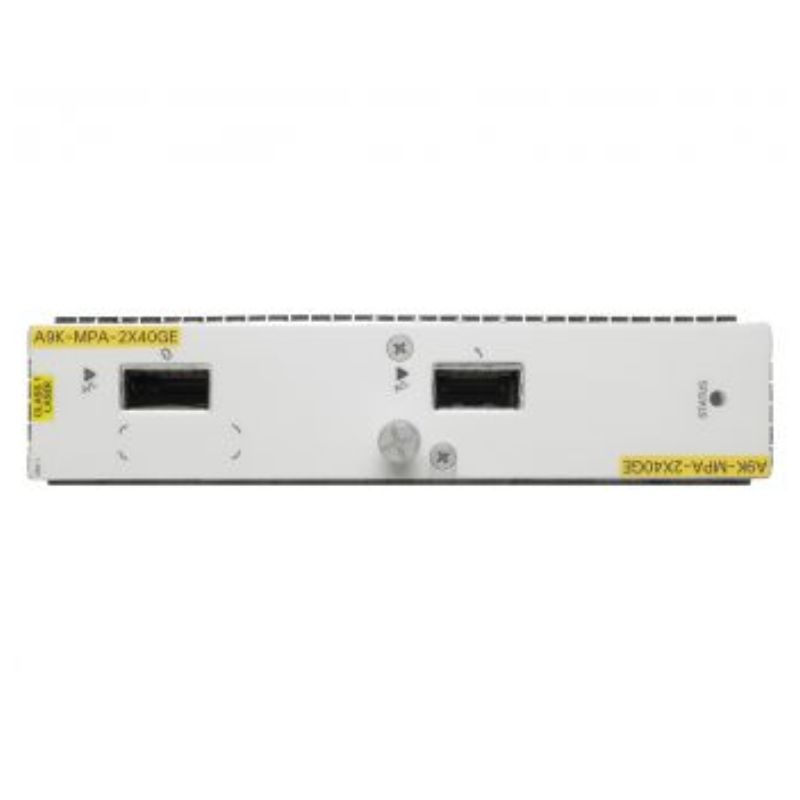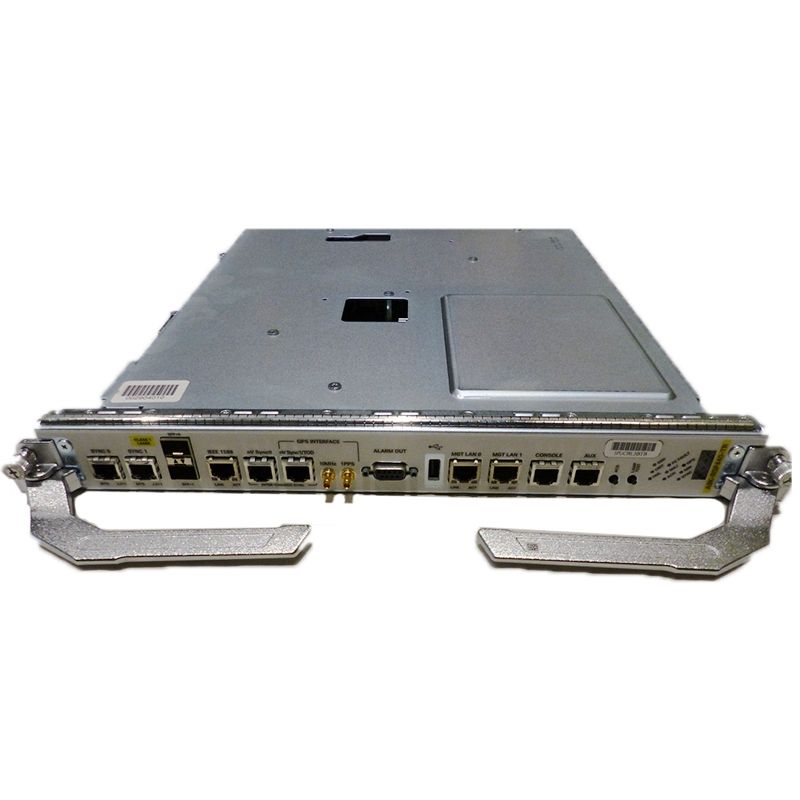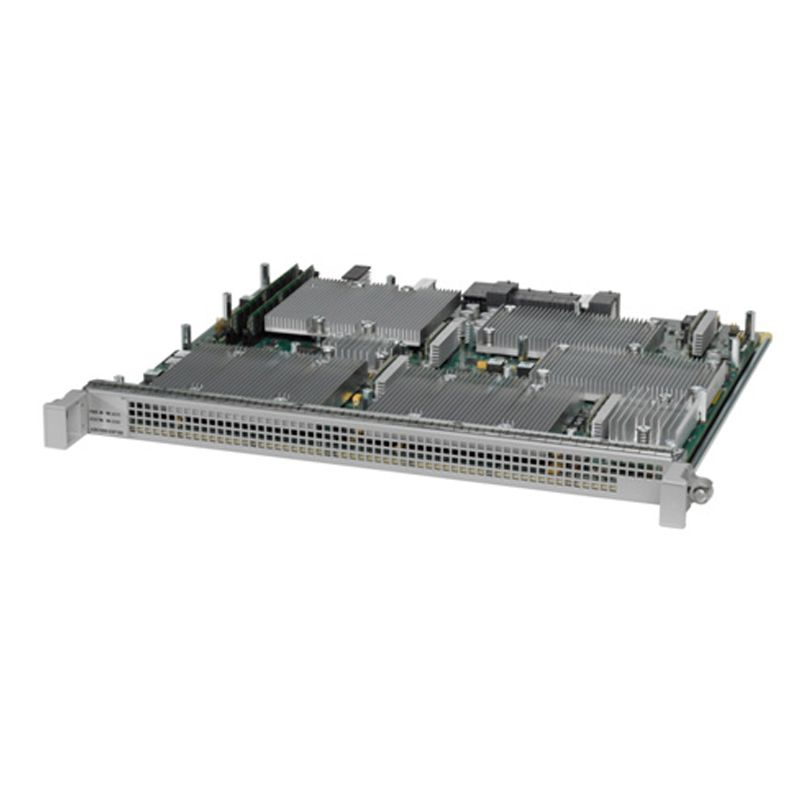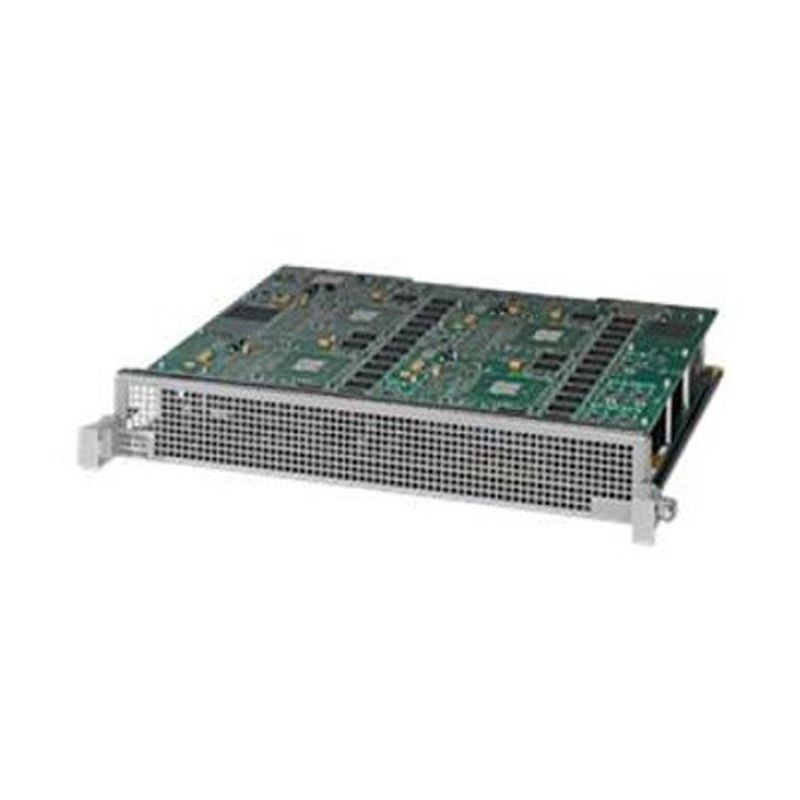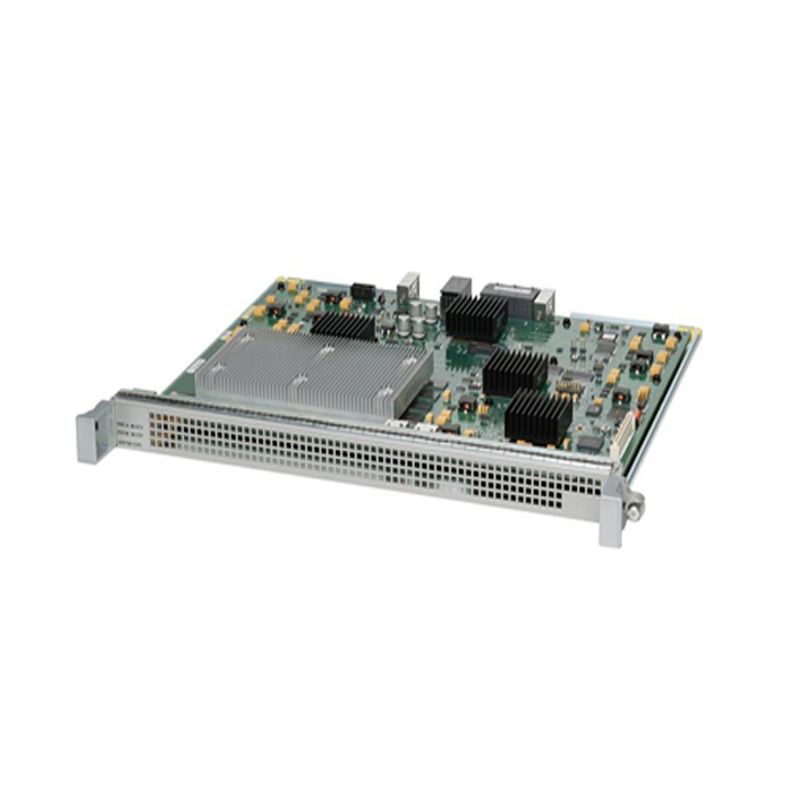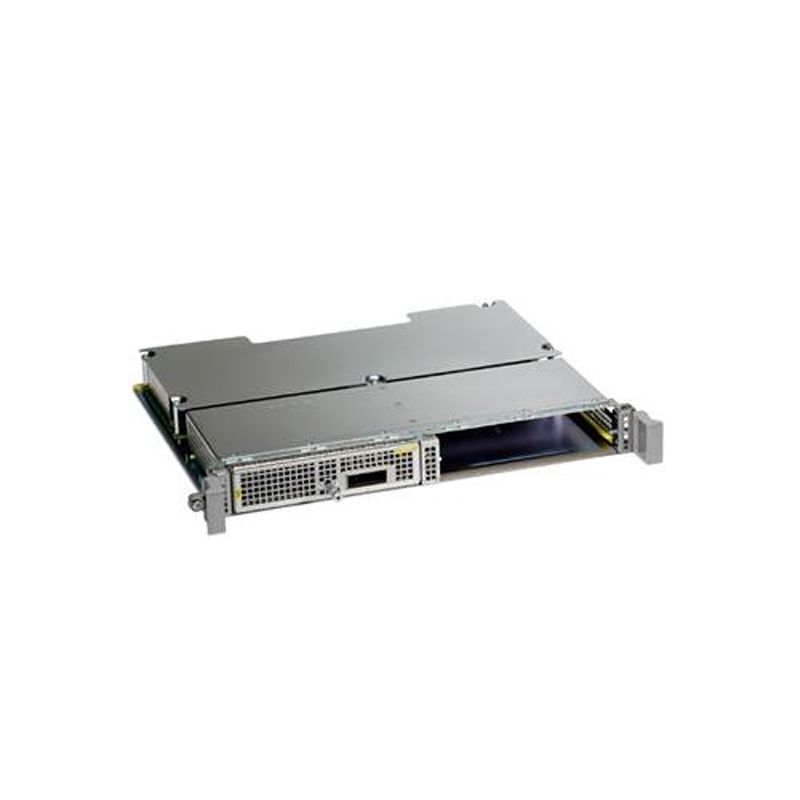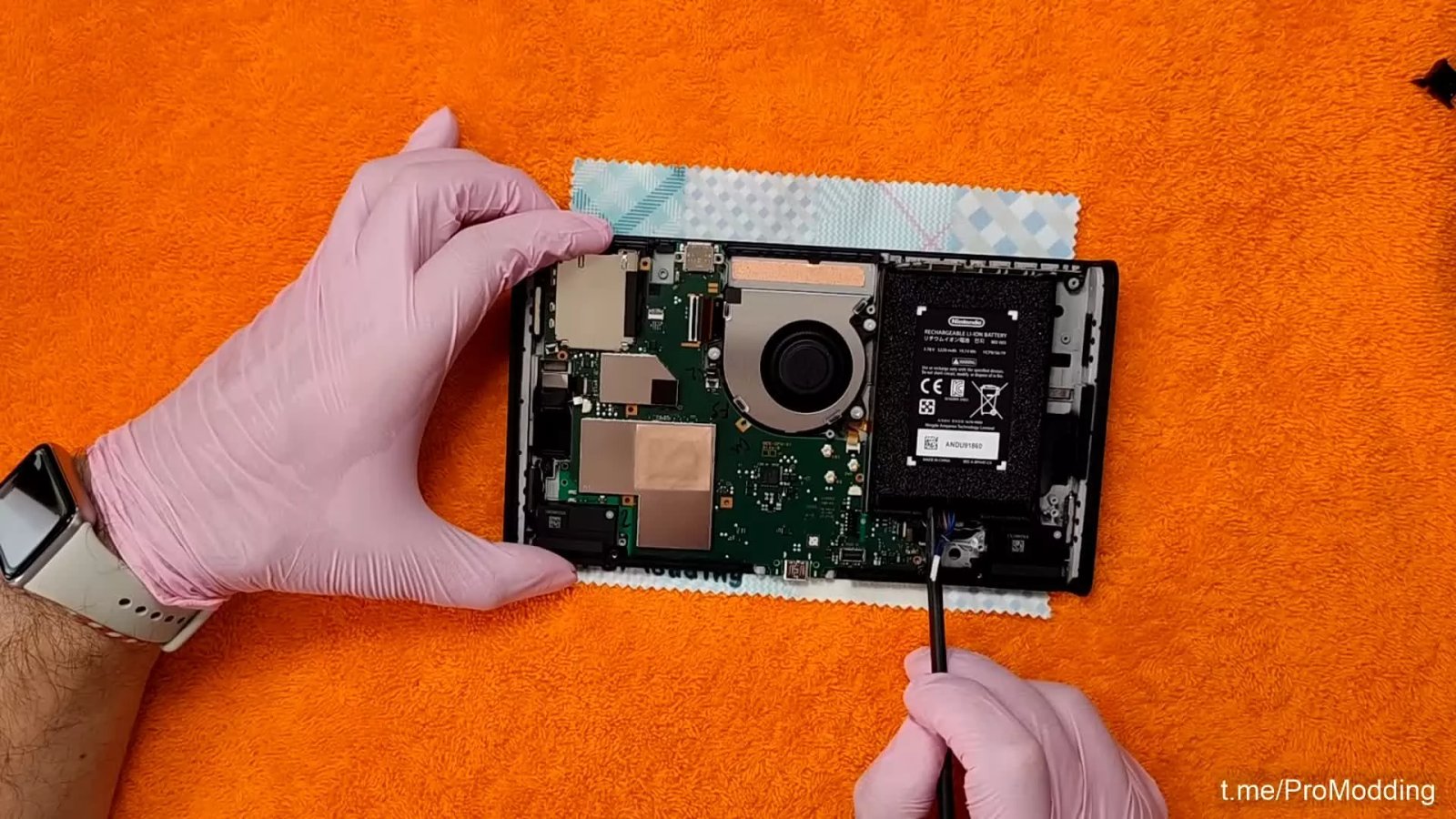UK Government and Space Solar Test Robot: Pioneering the Future of Orbital Data Centers
In an era where sustainable energy solutions are paramount, the United Kingdom is making significant strides in space-based solar energy technologies. The recent development of a groundbreaking space solar test robot marks a pivotal moment in the journey towards the establishment of orbital data centers powered by solar energy, potentially revolutionizing how we harness and utilize energy in the coming decades.
The Vision for Space-Based Solar Energy
Space-based solar energy has long been a tantalizing concept. The idea is simple: harnessing the sun’s constant energy output without the interference of Earth’s atmosphere or weather conditions. This approach could provide a near-limitless source of clean energy, capable of powering applications from terrestrial grid systems to advanced artificial intelligence and data processing facilities.
The UK government, recognizing the urgent need for sustainable energy sources, has invested significantly in research and development in this area. The focus is on creating innovative technologies that can support the deployment of solar energy systems in orbit.
The Space Solar Test Robot
Central to these efforts is the space solar test robot, a cutting-edge prototype designed to evaluate various aspects of solar energy harvesting in space conditions. The robot, developed in collaboration with leading aerospace engineers and robotics experts, will conduct a series of tests to determine the viability of different photovoltaic (PV) technologies, energy transmission methods, and system durability in the harsh environment of space.
Key features of the test robot include:
- Advanced Materials: Utilizing lightweight, durable materials that are resistant to radiation and extreme temperatures.
- Autonomous Navigation: Equipped with AI-driven systems, the robot can navigate complex pathways in space, allowing it to conduct tests and repairs without human intervention.
- Energy Harvesting Capabilities: Featuring state-of-the-art solar panels that can adapt to varying light conditions and maximize energy capture.
Potential for Orbital Data Centers
One of the most exciting prospects of the space solar test robot’s development is its potential role in building orbital data centers. As global data consumption rises exponentially, the construction of data centers in orbit could alleviae the strain on terrestrial infrastructure, offering enhanced processing capabilities with minimal environmental impact.
Advantages of Orbital Data Centers
-
Constant Energy Supply: With uninterrupted access to solar energy, data centers can operate continuously, significantly improving efficiency.
-
Reduced Cooling Requirements: Operating in the vacuum of space, these centers could reduce cooling costs, which are significant for traditional earthbound data centers.
-
Scalability: The modular nature of orbital construction allows for scalable designs, accommodating the ever-growing need for data processing.
- Lower Latency for Global Networks: By strategically placing data centers in orbit, latency can be reduced for global internet services, improving user experiences worldwide.
Collaboration and Future Prospects
The UK government is fostering collaboration between academia, industry, and government bodies to ensure the successful implementation of this ambitious project. By investing in research and development, they aim to position the UK as a leader in space technology, securing economic and strategic advantages in the new space economy.
As the space solar test robot prepares for its initial tests, the implications for future energy systems and data management are profound. If successful, this initiative could pave the way for a new era of sustainable energy and data solutions, significantly impacting not just the UK, but the world.
Conclusion
The UK’s investment in space solar technology through the development of the space solar test robot exemplifies the intersection of innovation and sustainability in tackling global energy challenges. As the framework for orbital data centers begins to take shape, we stand on the brink of a transformative leap towards harnessing the vast potential of space to address earthly needs. This visionary project not only highlights the importance of renewable energy but also sets the stage for a future defined by technological advancement and environmental stewardship.











